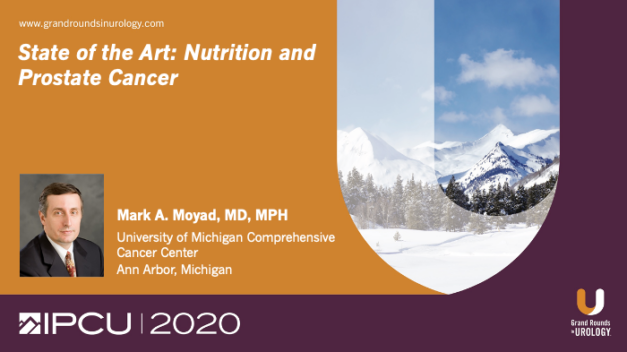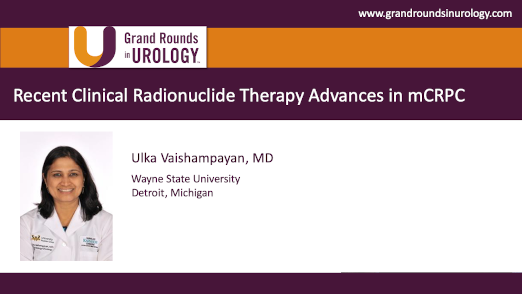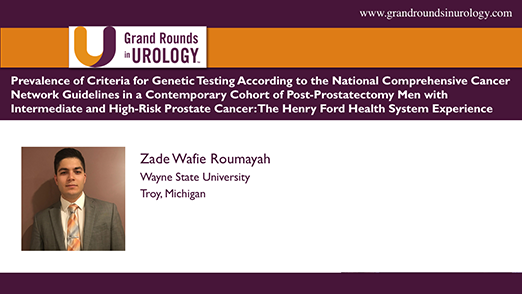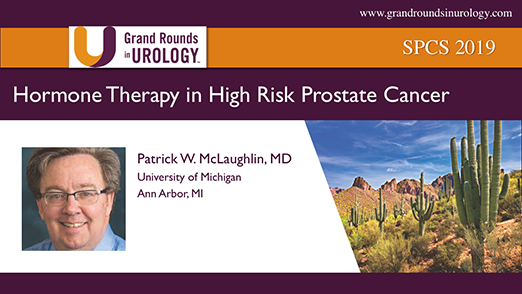Sarcopenia in the Prostate Cancer Patient
Mark A. Moyad, MD, MPH, the Jenkins/Pokempner Director of Complementary/Alternative Medicine at the University of Michigan Medical Center in the Department of Urology, discusses the consequences of androgen-deprivation therapy-related skeletal muscle loss. He goes on to discuss the prevalence of sarcopenia in prostate cancer patients, the clinical studies demonstrating the efficacy of incorporating exercise for the prevention or mitigation of sarcopenia, as well as the benefits and limitations of diet and over the counter supplements for the prevention of sarcopenia.
Read More



